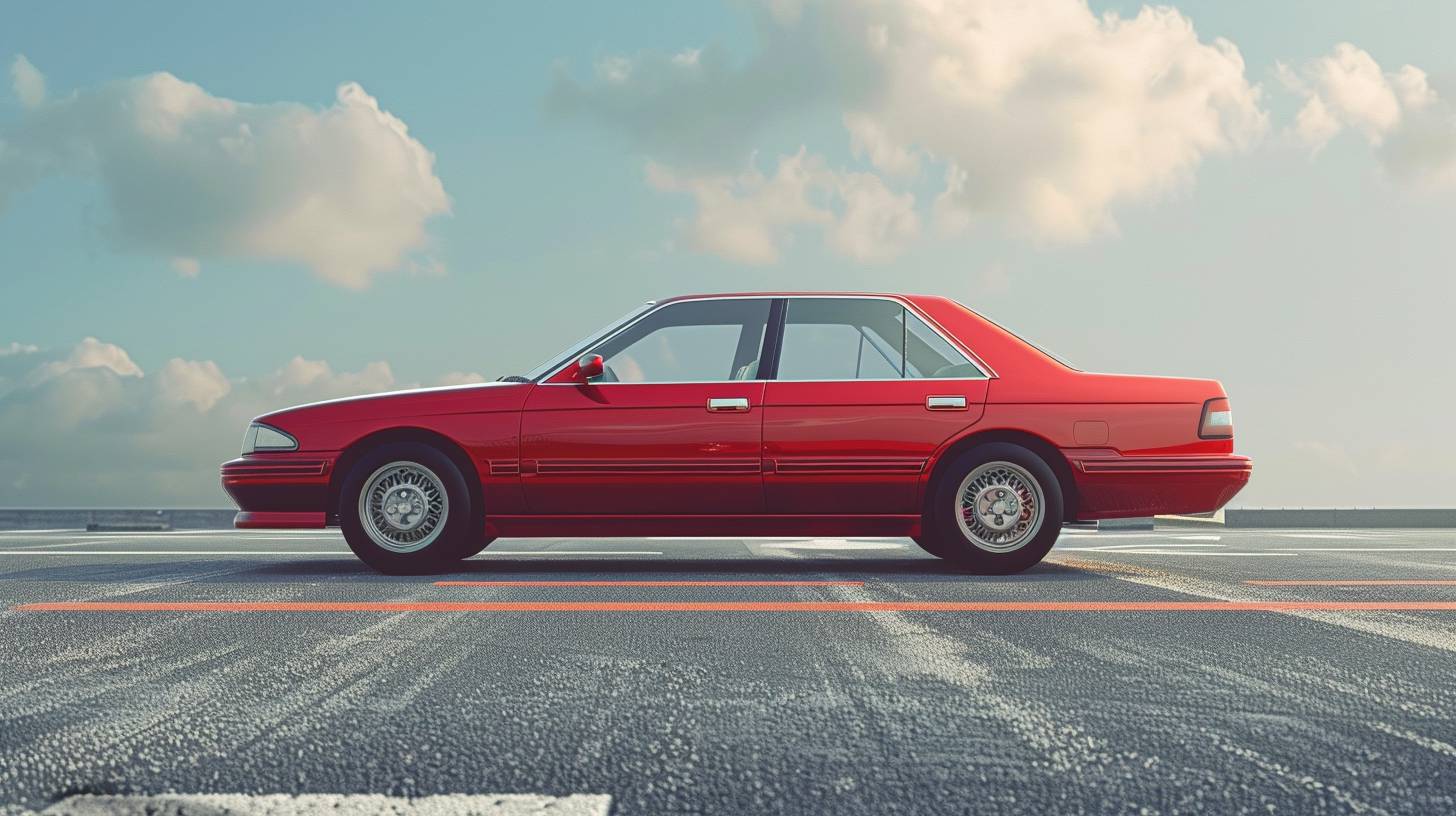
Changes in the market and the conclusion of an era.
Throughout its illustrious history, Japanese car manufacturer Nissan, along with domestic competitors such as Toyota and Honda, has earned a reputation for offering affordable and dependable vehicles that have allowed Australian families to travel comfortably.
Vehicles such as the durable Pathfinder, the sleek Z cars, the legendary Hardbody pickup, and the luxurious Maxima sedan are examples of the Nissans and Datsuns embraced by drivers nationwide. Nevertheless, a recent report indicates that two of the brand’s models will be discontinued from its comprehensive range.
Sources that have communicated with Automotive News indicate that Nissan intends to stop production of the Versa subcompact and the Altima midsize sedan following the 2025 and 2026 model years, respectively.
The discontinuation of these two models is a significant setback for the automotive industry, as they both offered a ray of hope for cost-conscious buyers.
With a starting price of $16,680, the modest Nissan Versa is the most affordable new car available for purchase in the United States.
Amid high interest rates and soaring new car prices, vehicles like the Versa offer a glimmer of hope for individuals seeking an affordable vehicle. Due to these pressures, sales of the Versa and its compact sibling, the Sentra, experienced a remarkable increase of 62 percent and 55 percent in deliveries, respectively, from January to June 2024.
In a statement to AutoNews, Nissan spokesperson Brian Brockman indicated that sedans “continue to be a key component of the company’s product strategy, offering benefits in various aspects, including ownership costs.”
“Nissan is dedicated to providing a comprehensive range of vehicles designed to fulfill the diverse needs of our customers in various segments,” Brockman stated.
- A lawsuit claims Hyundai coerced dealers into engaging in unethical sales tactics.
- Ford’s CEO delivers a serious caution to American automobile purchasers.
- Experts foresee a grim future for automobile dealerships following the CDK cybersecurity breach.
Individuals knowledgeable about the situation informed AutoNews that Nissan aims to streamline its product lineup in the United States. The car manufacturer discontinued the production of its luxurious Maxima sedan in the summer of 2023.
Nissan intends to introduce a battery-electric sedan by the end of the decade. With the discontinuation of the Versa and Altima models, the Sentra will be Nissan’s only sedan in a lineup primarily consisting of crossover SUVs, positioning it as a competitor to the Honda Civic.
The decline of the Altima signifies an ongoing trend shaped by car purchasers. Earlier this year, the dominance of crossover SUVs over mid-sized sedans resulted in the discontinuation of another popular sedan: the Subaru Legacy.
In a statement, Subaru explained that changing customer preferences are the reason they decided to discontinue the all-wheel-drive sedan after 36 years. They noted that Subaru customers are increasingly interested in purchasing more crossovers and SUVs, such as the Outback, Crosstrek, and Forester.
“Subaru stated that the discontinuation of their longest-running Legacy model line mirrors market transitions from passenger cars to SUVs and crossovers, as well as Subaru’s shift towards electrified and fully electric vehicles.”
Although the Nissan Altima is popular on social media due to the “Big Altima Energy” memes, its internet fame hasn’t resulted in sales comparable to its similarly priced crossover counterpart, the Rogue.
Nissan sales data indicates that the automaker sold 31,313 Altimas and 50,356 Rogue crossover SUVs during Q2 2024. In the same quarter of 2023, they sold 30,409 Altimas and 71,246 Rogues.
Upcoming initiatives and business approach
As Nissan plans for the future, the company is shifting towards a more simplified and electrified range of vehicles. The choice to stop production of the Versa and Altima is a key element of a larger strategy aimed at concentrating on market segments with greater growth prospects and profitability. This initiative is in line with the global trend in the automotive industry towards electric vehicles (EVs) and crossover SUVs, which have become increasingly popular among consumers.
Nissan’s dedication to electrification is reflected in its initiative to launch a battery-electric sedan by the decade’s end. This forthcoming electric vehicle aims to meet the increasing demand for sustainable and environmentally friendly transportation choices. The company’s emphasis on electric vehicles goes beyond merely addressing regulatory requirements; it is also a strategic effort to secure a portion of the swiftly growing electric vehicle market.
In Australia, where the government is encouraging greater use of electric vehicles, Nissan’s future strategies might appeal to environmentally aware consumers. Launching a battery-electric sedan could offer a competitive advantage in a market that is slowly becoming more receptive to EVs, driven by incentives and expanding charging facilities.
Additionally, Nissan’s choice to keep the Sentra as its only sedan in a range largely comprised of crossover SUVs indicates the evolving tastes of Australian buyers. The Sentra, recognized for its dependability and cost-effectiveness, will remain a practical choice for individuals who favor conventional sedans over SUVs.
As the automotive industry changes, Nissan’s move towards electrification and streamlining its product range could enhance the company’s prospects for sustained success. By concentrating on high-demand markets and cutting-edge technologies, Nissan strives to remain competitive and cater to the varied requirements of its customers in Australia and other regions.

